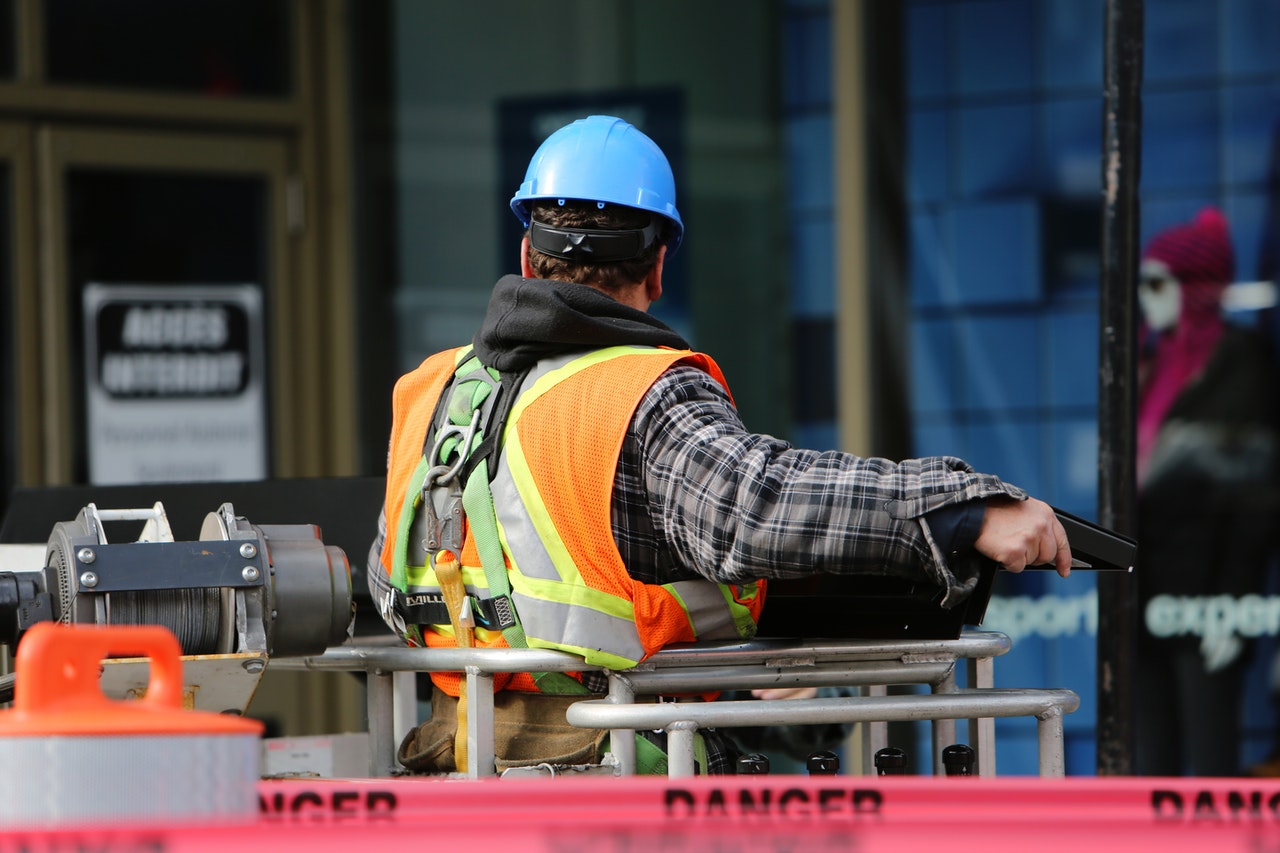By Peter Knowles

While official government responses to the coronavirus have ranged from draconian to dismissive (at the state level, Colorado has classified construction as essential, but some counties have imposed restrictions on building activity), the crisis has hit the building industry with indiscriminate force. In this time of uncertainty, there are ways that area owners can mitigate some of the effects of Covid on their projects:
• Be proactive. The pandemic has affected businesses at larger scales than we’ve ever seen, and smart stakeholders are addressing key issues aggressively. One example of this is owners implementing a plan to mitigate time and cost claims that may arise from this crisis.
To do this, controls need to be put in place to reduce the effects of inefficiencies. To address schedule slippages, contractors should be required to publish schedule updates on a biweekly (rather than monthly) basis. These reports should identify slippages of the project’s critical path and provide detailed narrative accounts of craft and trade workers’ on-site activities.
Another example of proactive planning focuses on managing how delays in materials deliveries may affect pricing. If suppliers are struggling to deliver to jobsites, contractors might be able to go to another supplier to get materials. However, if suppliers are able to continue production, it’s possible to make the argument that materials are freely available (with the obvious exception of unique items that are available from only one source—an example of this is Carrara marble, quarried only in Italy). By negotiating costs progressively, rather than waiting to the end of a contract, owners retain control and are better positioned to manage the changing conditions of a project.
Long term, time will tell what the outcome in change of material pricing really is. Perhaps biggest issue will be the shrinking of the national volume of construction. Back in 2009-10, when there was virtually no construction activity, supply and demand prices came down significantly.
• Be protective. When it comes to avoiding monetary losses during this crisis, owners need to recognize that they have to look out for their own interests. Contractors have their own agendas, which may not align with those of their employers. If owners feel the need to hire consultants to support them in this effort, they should not hesitate to do so.
Protecting workers at the jobsite is also a priority. In the absence of specific federal guidelines, coronavirus preventative protocols are being developed by a range of entities, including local governments, trade organizations and unions, and construction firms.
Increasingly, construction firms are holding regular safety stand-downs — in small, socially-distanced groups — to explain the new guidelines and to check on their implementation. Designating a site-specific Covid-19 supervisor to monitor the health of employees and enforce the safety plan can give workers a sense of security as well as provide an accountable representative for contractors and owners.
Maintaining social distancing at jobsite choke points, such as elevators, entries and exits, and mess tables, can be a challenge. One way local contractors can achieve this is to stagger access to skips, lifts, stairwells, and other high-risk areas.
Cleanliness protocols aren’t limited to personnel. Tools, materials, and equipment that are used on site will also be subjected to disinfection processes. At the top of the list are high-touch surfaces on the job site and in offices, such as such as shared tools, vehicles and other equipment, telephones, keyboards and digital devices, handrails, elevator control buttons, doorknobs, and portable toilets.
• Be prepared — for anything. The coronavirus has vividly reminded us to expect the unexpected. Being familiar with contracts is a fundamental good practice; knowing their provisions can resolve questions on many fronts, including if delays and efficiencies stemming from absent craft workers are excusable or compensable—a very relevant issue right now.
And finally: Be patient. At this point, it’s not clear if any particular building sector in Colorado, such as the multifamily sector, will be affected differently than any other. In this instance, if people are out of work for an extended period of time, they will be cautious about buying a new apartment. This will have a greater effect on developers than on construction businesses.
One positive consequence of this situation is that we can clearly see the value of having a support system of trusted advisors and colleagues to help us navigate—together—this challenging period of time.
Peter Knowles is executive vice president of Rider Levett Bucknall North America. Based in Denver, he is a member of Rider Levett Bucknall’s senior leadership team responsible for operations of the North American practice. Peter joined the firm in 1987.









